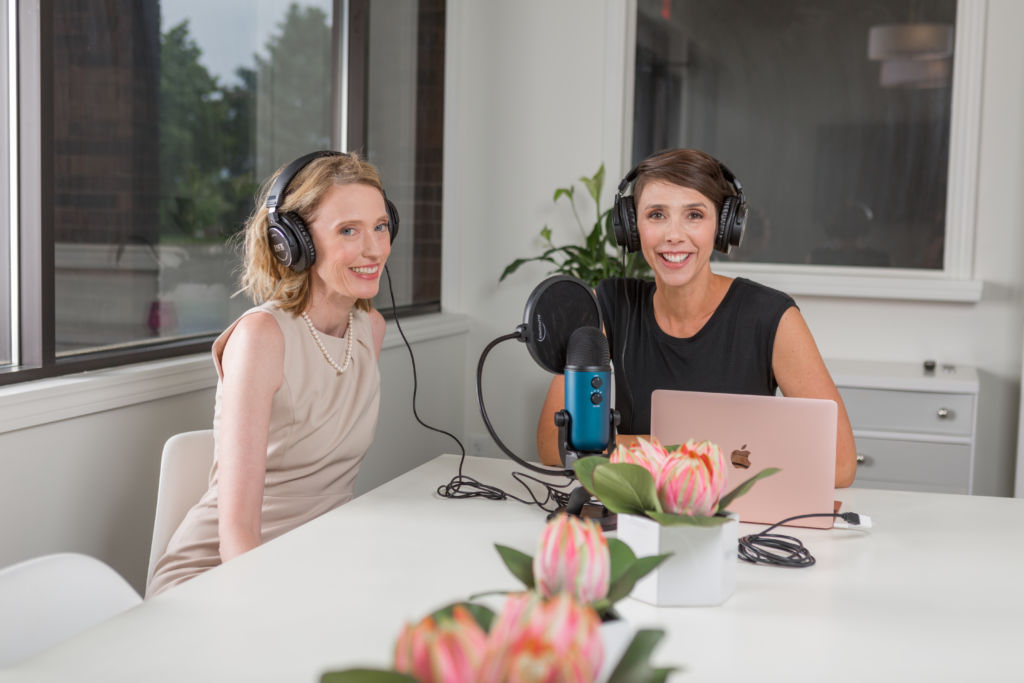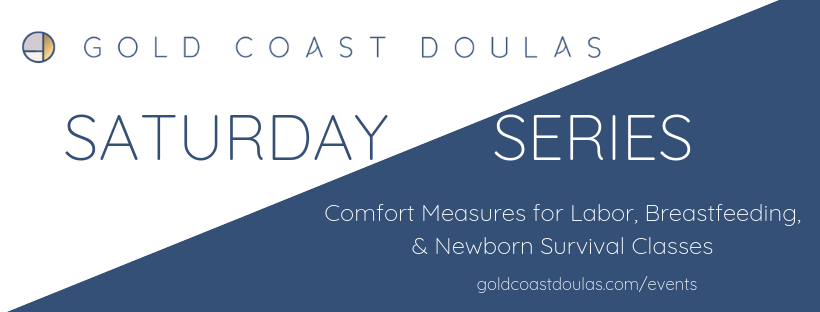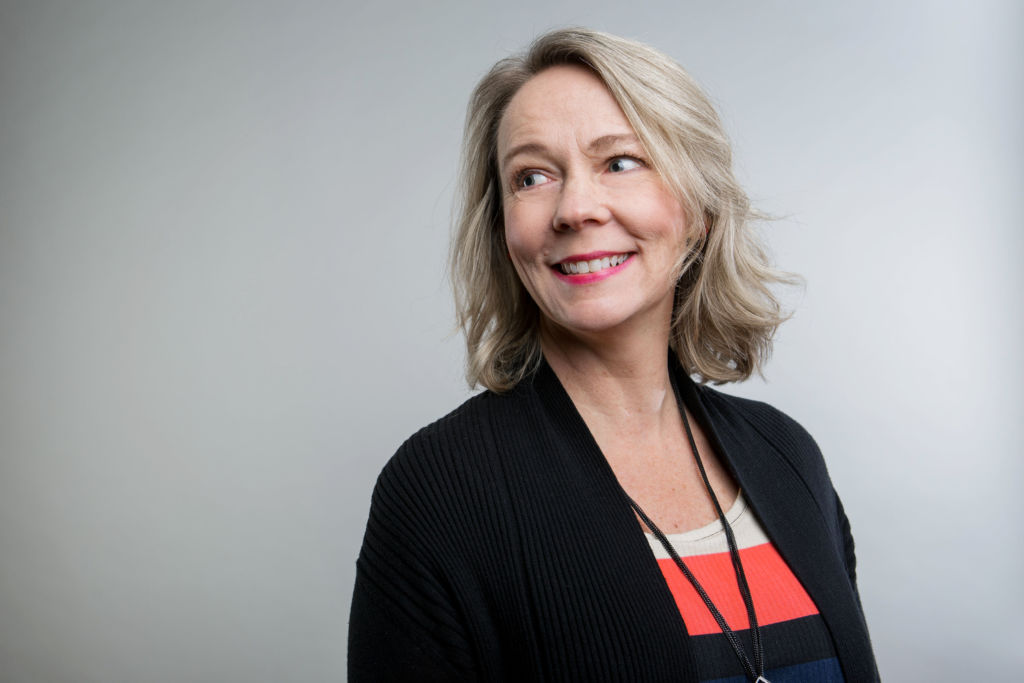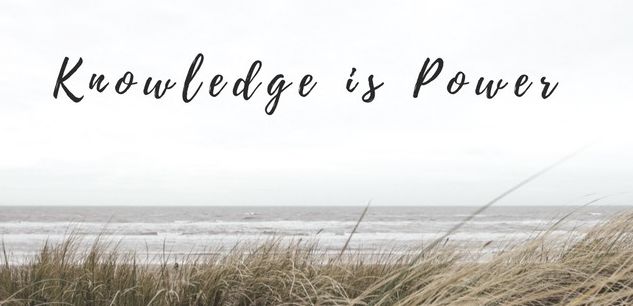When to Take a Childbirth Education Class
When is a good time to take a childbirth class and why does it matter? We often get asked about the appropriate time to take a childbirth class from students and Gold Coast clients. The answer varies depending on the goals of the individual. I often ask clients if they are first-time parents or new parents. It […]
What I Wish I Knew: Podcast Episode #104

Kristin and Alyssa, owners of Gold Coast Doulas, talk about the things they wish they had known before having a baby. Listen to this fun episode packed with advice and lots of little gold nuggets of information for new parents! You can listen to this complete podcast episode on iTunes or SoundCloud. Kristin: Welcome to […]
Saturday Series of Classes: Podcast Episode #102

Kristin Revere, Kelly Emery, and Alyssa Veneklase talk about their Saturday Series of classes offered through Gold Coast Doulas. Each goes in to detail about what their classes cover including Comfort Measures for Labor, Breastfeeding, and Newborn Survival. You can listen to this complete podcast episode on iTunes or SoundCloud. Kristin: Welcome to Ask […]
Meet our new IBCLC, Kelly Wysocki-Emery!

We are thrilled to have Kelly join the Gold Coast Team. Many of our doulas have used Kelly personally for lactation consultations with their own children. She comes to us with years of experience and a trusted name in the community. 1) What did you do before you became a lactation consultant? In a former […]
Why Take a Breastfeeding Class?

Why Take a Breastfeeding Class? We are pleased to present a guest blog by Shira Johnson, IBCLC . Breastfeeding is natural, right? Well, yes… But it doesn’t always come naturally! Just like parents educate themselves about pregnancy and birth, it’s valuable to have basic knowledge about breastfeeding before baby arrives (we don’t read up on […]


